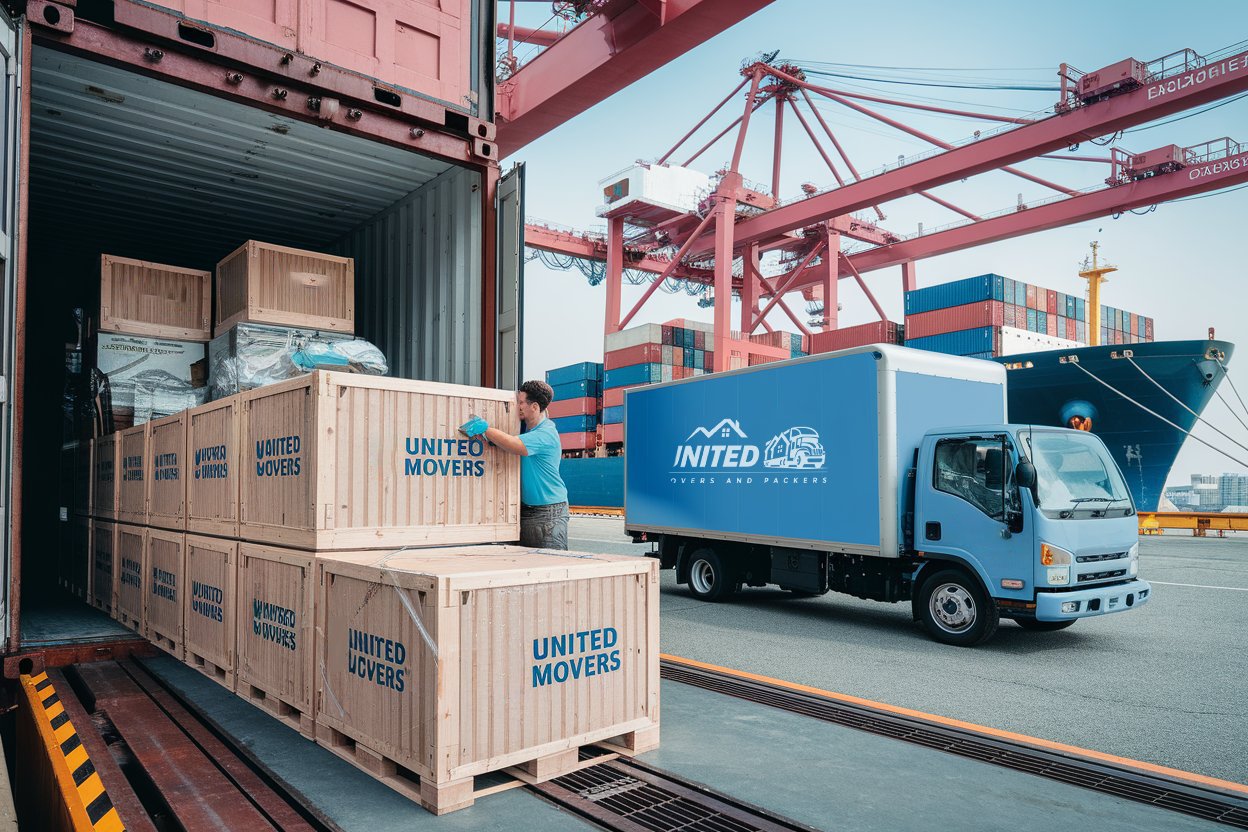Moving Internationally? Here’s What You Need To Know
Moving to a new country can be an exciting yet overwhelming experience. Unlike local moves, international relocation involves additional considerations such as customs regulations, logistics, and legal requirements. A well-thought-out plan can help ensure a seamless transition. Below is a comprehensive guide to help you navigate the complexities of moving abroad with confidence.
1. Understand Visa and Immigration Requirements
Before making any moving plans, it’s crucial to research and understand the visa and immigration requirements of your destination country. Here are key considerations:
- Types of visas available – Determine which visa best suits your situation, such as work, student, spouse, or residency visas.
- Required documentation – Commonly required documents include passports, birth certificates, marriage certificates, sponsorship letters, and financial proof.
- Processing times and application fees – Visa applications can take weeks or months, so plan accordingly.
- Work permits or residency status – Some countries require additional permits to work or reside legally.
- Legal restrictions – Check if there are any limitations on bringing pets, medications, or specific items into the country.
- Renewal and extension policies – Understand the validity period of your visa and the process for renewing it if needed.
2. Plan Your Budget and Expenses
International moving costs can add up quickly, so it’s essential to create a detailed budget. Consider the following expenses:
- Shipping and freight costs – Costs vary based on volume, shipping method (air vs. sea freight), and destination.
- Import duties and customs fees – Some countries charge high taxes on household items and personal goods.
- Temporary accommodation – Book a hotel, Airbnb, or serviced apartment for your initial stay while you finalize long-term housing.
- Storage solutions – If your move is staggered, you may need to store belongings in a secure facility.
- Cost of living – Research the cost of food, transportation, utilities, healthcare, and daily expenses in your new country.
- Emergency funds – Set aside extra money for unexpected expenses like medical emergencies or sudden housing changes.
3. Choose the Right International Moving Company
A reputable international movers will handle customs clearance, transportation, and logistics efficiently. When selecting a moving company, consider the following:
- Licensing and accreditation – Verify if the company is certified by international moving associations like FIDI or IAM.
- Insurance coverage – Ensure your belongings are covered against damage or loss.
- Door-to-door service – Some companies provide complete packing, shipping, and delivery services.
- Tracking and transit times – Ask about estimated delivery times and shipment tracking options.
- Customer reviews and testimonials – Read reviews and seek recommendations from other expats.
4. Pack Strategically for International Travel
International shipping can take weeks or even months, making strategic packing essential:
- Ship essential items separately – Carry necessities like important documents, medications, and valuables in your luggage.
- Use high-quality packing materials – Invest in sturdy boxes, bubble wrap, and protective packaging.
- Label boxes clearly – Detailed descriptions help customs officials process your items smoothly.
- Create an inventory list – Keep a record of all items being shipped for tracking and insurance purposes.
- Pack seasonally appropriate clothing – If moving to a different climate, ensure you have the right apparel.
5. Understand Customs and Shipping Regulations
Each country has specific import regulations, and non-compliance can lead to fines or confiscation of items. Key areas to research include:
- Prohibited and restricted items – Certain items such as firearms, illegal drugs, plants, and food products may be banned.
- Duties and taxes – High tariffs may apply to electronics, luxury goods, and vehicles.
- Documentation for duty-free entry – Some countries allow tax-free import of personal belongings if specific criteria are met.
- Quarantine regulations for pets – If moving with pets, research vaccination requirements and quarantine rules.
6. Set Up Your New Home Before Arrival
Avoid last-minute stress by arranging key aspects of your new home before you arrive:
- Secure housing – Whether renting or buying, have a plan for temporary and permanent accommodation.
- Set up utilities – Arrange for electricity, water, gas, internet, and phone services in advance.
- Open a local bank account – Research banking options and understand the currency exchange process.
- Register for healthcare – Find out how healthcare services work and obtain necessary medical insurance.
- Arrange transportation – Whether buying a car, using public transport, or relying on ride-sharing services, plan your commuting options.
7. Adjusting to a New Culture and Environment
Cultural adaptation is one of the biggest challenges of moving abroad. Here are some tips to ease the transition:
- Stay open-minded and patient – Cultural shocks are normal, but maintaining a positive attitude will help you adjust faster.
- Learn the local language – Even basic phrases can help with communication and integration.
- Understand customs and etiquette – Familiarize yourself with local traditions, social norms, and business etiquette.
- Join expat communities – Engage with other expats or international groups for support and networking.
- Research schools and educational systems – If moving with children, look into local or international schools.
- Explore your surroundings – Get to know your new city, including key landmarks, shopping areas, and emergency contacts.

